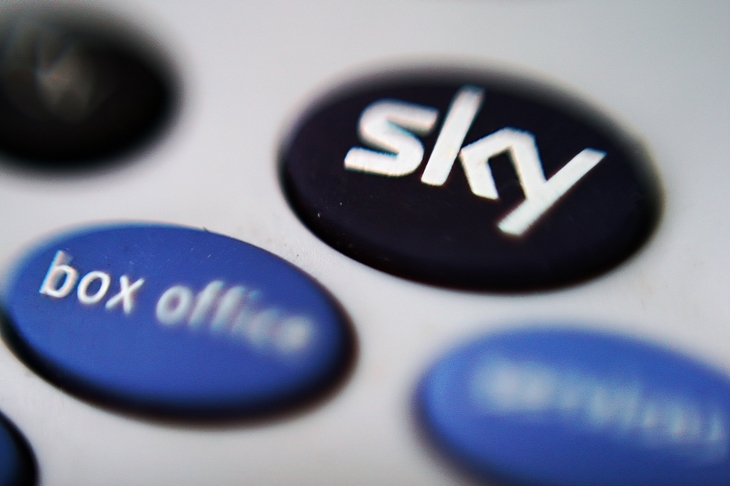There are plenty of questions to be asked about the decision by Rupert Murdoch to sell 21st-Century Fox, including Sky in this country, to Disney. On what, for example, will Momentum blame the loss of the 2022 election if not the malign influence of the Australian tycoon? Is the old rattlesnake finally bowing out of the game, or is he already plotting a comeback? And how will the dynastic power struggle within the Murdoch family play out? But the most interesting one is this. Has the master media deal-maker pulled off another coup, or will he come to regret selling what has long seemed the jewel in his corporate crown?
On the surface, the decision to sell his 39 percent of Sky looks an odd one. Murdoch has been battling for years to get full control of the company. Indeed, had it not been for the phone hacking scandal he would surely own it completely by now. So why has he reversed course, and agreed to sell it? The answer, surely, is that it is the right time to get out. In truth, Sky, along with the rest of the traditional media assets Fox owns in the US, is a fast diminishing asset.
Plenty of industries are being disrupted by the internet, and plenty more will be in the decade ahead. But none is being turned upside down faster than pay television. Over the last two decades, Sky has turned its niche of premium programming and live sports into a fantastically lucrative franchise. But that was when it had the market pretty much to itself. If you wanted a bit more than the BBC and ITV it was the only place to go.
In the last three years, Netflix and Amazon have muscled into its territory with spectacular success. Why pay £20 to £30 a month for Sky when Netflix offers far more exciting programs for less than a tenner, while Amazon gives them away with a Prime subscription? In sport, the competition is likely to get even fiercer. There is already speculation Amazon or Facebook will join the next round of bidding for Premier League football. Why wouldn’t they? It is precisely the kind of global, must-have product that locks customers into their systems. It is only a matter of time before one of the web giants offers the right price. And until then, their mere presence will drive the price of sports rights even higher.
Sky’s fundamental problem is this. People are happier than ever to pay for TV. They won’t be happy to pay Sky’s prices, however. Netflix is a lot cheaper, and far more creative. Amazon, Apple and Facebook have extraordinarily powerful business models which means that they can effectively use entertainment as a loss-leader. Sky can’t compete with Netflix on price, and it doesn’t have the model to make money elsewhere. The result? It is in a strategic dead-end. It hasn’t hit its finances yet. But Murdoch has clearly decided traditional satellite TV has had its chips. He is collecting a pile of money from Disney for an asset that won’t be worth much in a few years’ times. It is one more brilliant move. His only problem now will be what to spend the money on.






Comments